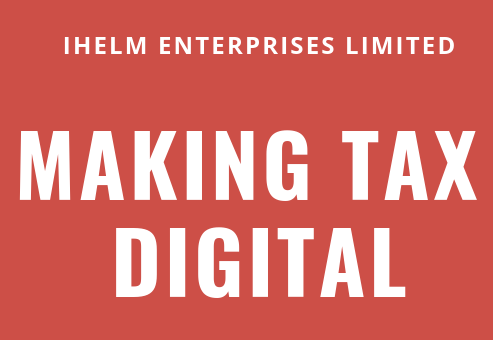Yesterday evening, October 31st 2020, the Prime Minister held a press conference to explain that England would be entering a National Lockdown from Thursday November 5th 2020 until Wednesday December 2nd 2020. At that point, England will return to the new tier system that recently announced. The actual rules and regulations surrounding the lockdown are being debated and voted on in Parliament on Wednesday November 4th so the following guidance may change slightly. However, I will continue to provide updates.
What does the national lockdown mean?
From November 5th, everyone is expected to stay at home apart from for the following reasons:
– to work if you cannot work from home
– education
– to shop for food and essentials
– exercise and recreation outside on your own, with your support bubble or with 1 other person who does not live in your household
– to care for others
– if you are a volunteer
– for childcare
People can no longer meet up with 5 people in outdoor public places as the rule of 6 has been suspended. You can only meet up with members of your support bubble.
Children of parents who are separated are still allowed to travel between households.
It is advised that people avoid all but essential travel, though the government asks that these trips be kept to a minimum and that where possible, public transport is not used.
Overnight stays and holidays away from your primary residence – including holidays in the UK and abroad will not be allowed. This includes staying in a second home. However, you can stay overnight for work purposes.
What is happening to businesses?
A number of businesses are going to have to close due to the lockdown, and this includes:
– all non-essential retail shops
– indoor and outdoor leisure facilities – including bowling alleys, leisure centres, gyms, sports facilities including swimming pools, golf courses and driving ranges, dance studios, climbing walls, riding centres, water and theme parks
– entertainment venues including cinemas, theatres, museums, galleries, bingo halls, casinos, arcades, zoos, botanical gardens
– close contact service providers – beauty and nail salons, hairdressers, tattooists, massage parlours, spas, tanning salons, body and skin piercing services
– hospitality venues including pubs, restaurants and bars will close, takeaways can stay open but takeaway alcohol is not allowed.
– hotels, hostels and other accommodation businesses should only remain open for those who have to travel for work
Non-essential retail shops can provide click-and-collect services and delivery services.
This list is not exhaustive and further information can be found here: https://www.gov.uk/guidance/new-national-restrictions-from-5-november?utm_source=7bc5dcb3-89f3-4f85-9727-b8e92a3b168f&utm_medium=email&utm_campaign=govuk-notifications&utm_content=immediate#businesses-and-venues
Weddings and civil partnerships cannot take place except in exceptional circumstances.
Funerals are allowed but only a maximum of 30 people are able to attend. The government recommends that only close family and friends attend.
Places of worship will be closed except for specific circumstances.
The government is once again asking everyone who can do so, to work from home. Where that is not possible, for example, construction, manufacturing, or those who work in critical national infrastructure, people can still travel to/from work
What about financial support?
The Job Retention Scheme which was due to end on October 31st, has been extended for 1 month. Employees will be paid 80% of their wages (up to a maximum of £2,500). The flexibility of the scheme will also continue which will allow employees to work where they can.
Employers will only be asked to pay the NI and pension contributions for staff for the month of November.
For employees to be eligible to use the JRS, the employee must have been on the employers PAYE payroll by 23:59 October 30th, 2020. The RTI submission notifying payment of that employee to HMRC must have been made on or before October 30th, 2020.
Business premises that are forced to close due to the lockdown will be eligible for grants of up to £3,000 per month under the Local Restrictions Support Grant. Local Authorities are also being given £1.1 billion to help support local businesses more broadly with one-off payments.
Mortgage holidays that were due to close have also been extended.
You can read further information here: https://www.gov.uk/government/news/furlough-scheme-extended-and-further-economic-support-announced.
I am continually monitoring the updates that the government and other business-related departments release and will continue to share that information for as long as I feel that it is beneficial to all businesses in the UK.
The information and policies are continually being updated by the government, so I urge you to keep on top of the information by visiting the relevant website for your area.
UK: https://www.gov.uk/government/publications/guidance-to-employers-and-businesses-about-covid-19/covid-19-support-for-businesses
Scotland: https://www.gov.scot/coronavirus-covid-19/
Wales: https://gov.wales/business-and-employers-coronavirus
Northern Ireland: https://www.nibusinessinfo.co.uk/
I will be trying to keep myself as informed as possible and will share relevant information on my fb business page: https://www.facebook.com/ihelmenterprises/










